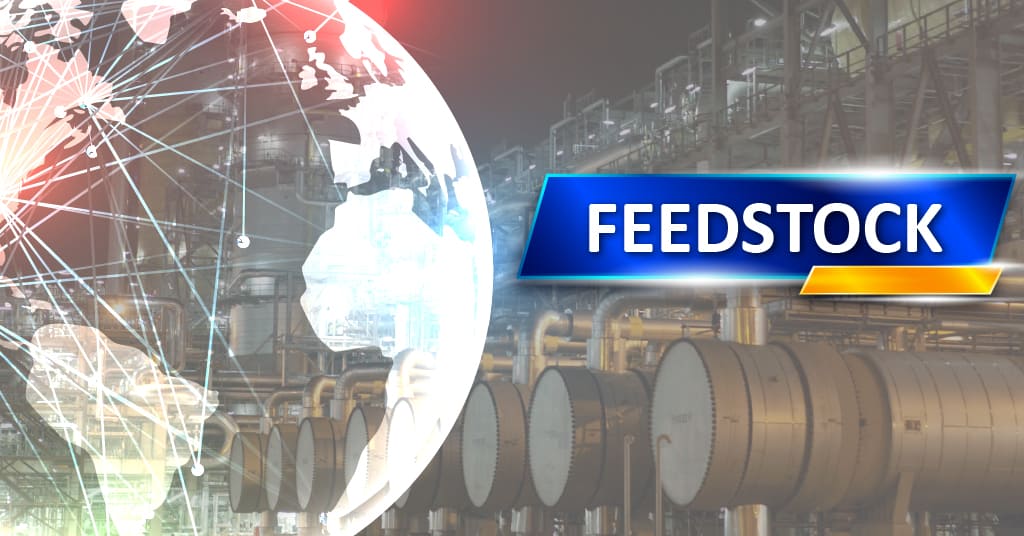Welcome To ChemAnalyst

Hamburg, Germany- After the soaring Natural Gas costs in recent months, alongside increasing utility and energy costs, European Union (EU) settle on a Euro 180/MW-hr cost cap. On 19th December 2022, European Energy Ministers agreed to impose a limit on Natural Gas costs, which have been kept taken off by Russia's invasion of Ukraine.
According to the agreement among the Ministers, the price cap can be implemented if the month ahead price goes above Euro 180 per MW-hr on the EU's main trading hub for three consecutive days. It is also mandatory that the cost of Liquefied Natural Gas in the same period be at least 35 Euros higher than the global benchmark. It will set a Dynamic Bidding Limit on Natural Gas futures transactions which is anticipated to apply from 15th February 2023. If the price cap had triggered spontaneously, the disruption in Natural Gas contract prices would have kicked in.
Countries must formally approve the agreement in writing for it to take effect. Once the contract is triggered, traders will not be permitted to raise their front-month, three-month, and front-year TTF (Title Transfer Facility) prices more than Euro 35/MW-hr above the reference LNG price. Germany agreed upon a price cap after a new regulation on speeding up renewable energy permits was amended. The cap included more robust safeguards, including that the gas cap will be suspended if the countries face Natural Gas shortages or if there is a significant drop in TTF trading.
Some EU countries remain skeptical about this decision concerning the rising energy cost and fluctuations in the downstream derivative market of Natural Gas. Hungary voted against the price cap in the meeting. The Netherlands and Austria abstained but did not favor capping the price during negotiations because of the fear of disruption in the energy market and security.
According to ChemAnalyst, this agreement will help the Petrochemical market participants to sustain their profit margins and revenue. The production cost of Natural Gas derivatives will limit, and trading activities will improve from the end-user industries. On the other hand, a warmer forecast trend will decrease the benchmark futures. However, if the supply tightens, producers will be forced to increase the prices to sustain their profit margins.
We use cookies to deliver the best possible experience on our website. To learn more, visit our Privacy Policy. By continuing to use this site or by closing this box, you consent to our use of cookies. More info.
